Laikipia
Flying home across Laikipia’s ranchlands with Martin after a farmers’ meeting, I see the plateau dotted with cattle and elephants. Stretching away towards the north, it is all green after good rains. I think to myself that farming is hard enough without having to deal with toxic politics: will there be a drought, and what about the ticks, or foot-and-mouth disease; will your cattle get rustled, or flocks of quelea and hordes of zebra devour your crops?
After months of politics in Kenya, the news comes in that Uhuru Kenyatta has been declared our president again.
Already a subscriber? Log in
Subscribe for just $2 a week
Try a month of The Spectator Australia absolutely free and without commitment. Not only that but – if you choose to continue – you’ll pay just $2 a week for your first year.
- Unlimited access to spectator.com.au and app
- The weekly edition on the Spectator Australia app
- Spectator podcasts and newsletters
- Full access to spectator.co.uk
Unlock this article
You might disagree with half of it, but you’ll enjoy reading all of it. Try your first month for free, then just $2 a week for the remainder of your first year.


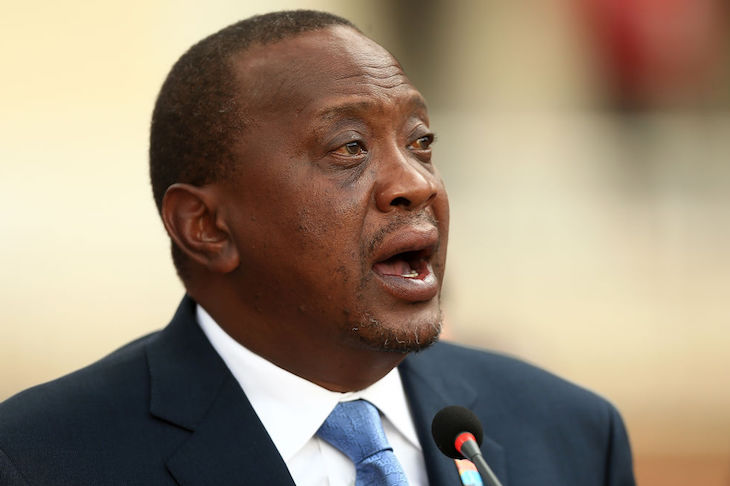
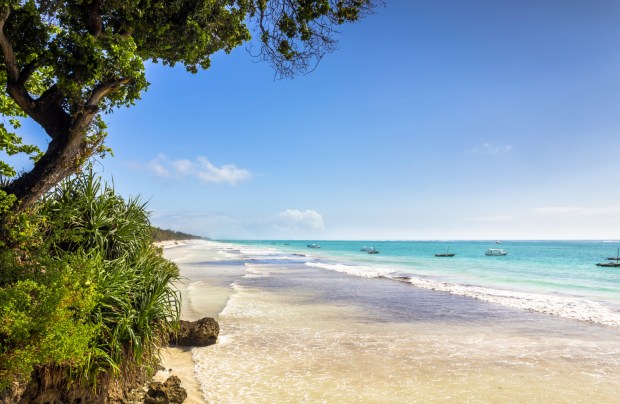
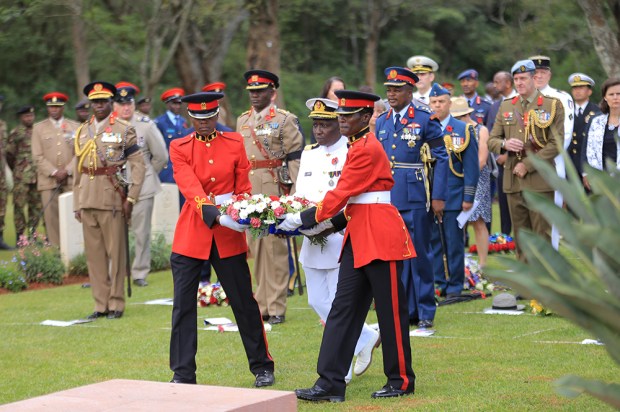
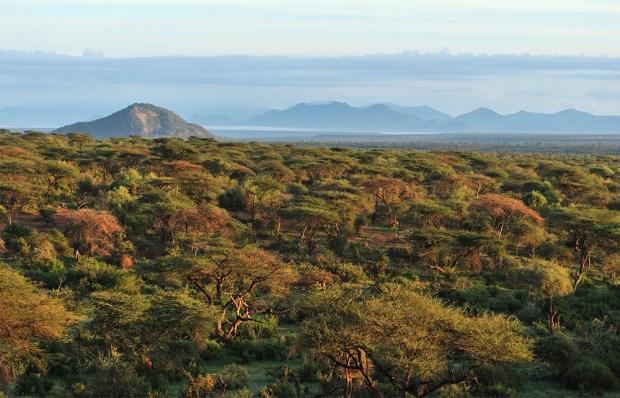

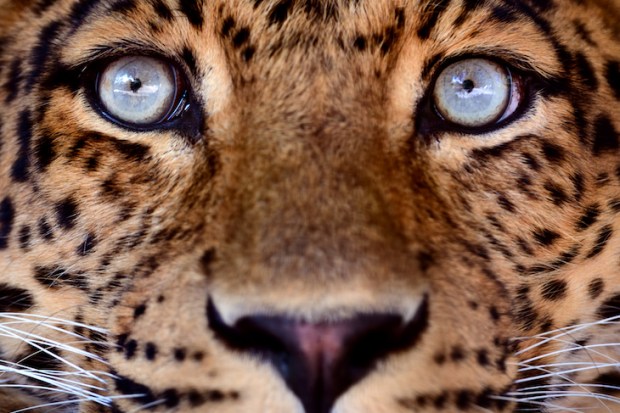







Comments
Don't miss out
Join the conversation with other Spectator Australia readers. Subscribe to leave a comment.
SUBSCRIBEAlready a subscriber? Log in